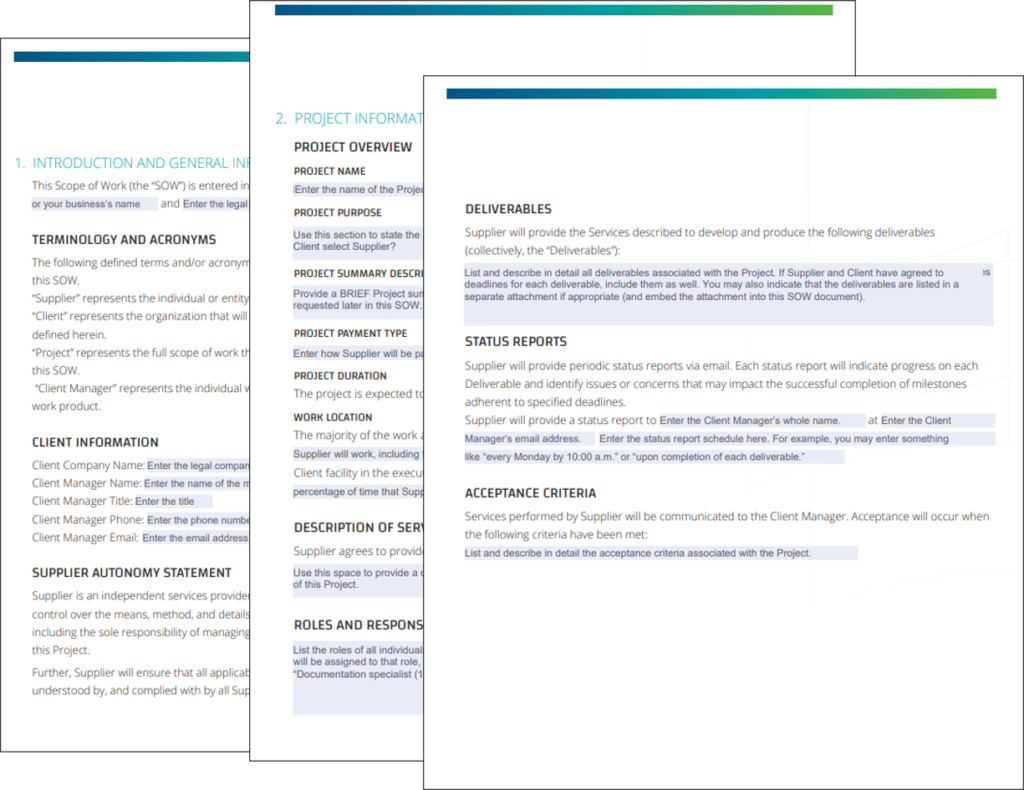
You can choose a niche in which you're interested and offer your services to clients if you wish to work from home. You can market yourself to any business type. There are many niches to choose from, but you'll need to have generalized expertise to be successful. Aaron and Val Giesler are examples of successful consultants. They specialize in content marketing and Jon Loomer is an expert on Facebook Ads. These people have established a solid reputation as experts on their subjects and are now clients of well-known businesses.
As a consultant, you can work from your home
Consultants who work remotely may find it appealing to work as consultants. However, there are some disadvantages associated with working from home. Consultants who are not in the office regularly are unlikely to get promoted. Managers find it easier to promote consultants who are at work or at clients' sites. Consultants who only work from home are more likely to miss learning and networking opportunities.
Many consultants working from home require a bachelor's in a relevant field. Major corporations may require consultants with a bachelor's degree, for example, in business management, accounting or marketing. Some employers may even require a master's degree. Additionally, work from home consultants need a good computer with fast Internet connection.

Finding your niche in consulting
Finding your consulting niche is important if you want to make a living as a consultant. While most career advisors recommend that you broaden your search, it is a good idea to narrow down your industry and skills to find a niche. Niche consultancy businesses are less competitive than general consulting firms, and therefore can charge higher fees.
The first step in choosing a niche is to define your strengths. You might be an expert in medical sales or have a passion about starting your own side business. Aside from being self-motivated, you must also be able set boundaries.
As a consultant, you can earn a lot of money
Consulting is a great career path to high profits. Consultants can choose their clients and projects. This allows you to have full control of your income and schedule. It also comes with low operating costs, which makes it very appealing to many people. However, this type of career comes with a drawback: There are many consultants in this industry and it can prove difficult to find a steady flow of clients.
Your client's value will determine the cost of your consulting services. It isn't always easy to estimate the cost of your services. To establish a rate, you'll need analyze the budget and needs of your client. The amount you charge depends upon whether you work for small or large firms. But independent consultants often earn more that their corporate counterparts.

Being paid as a consultant
Your rate is an important consideration when you are working as a consultant. For projects lasting less than one month, you might charge a flat fee. For more complicated work, it is a good idea to charge an hourly rate. This will enable you to get paid more quickly and cover your expenses. It will also allow you to track how many hours you worked, which is very important when creating an invoice.
Consultants are paid to share their knowledge with clients and employers. This is a great way to get your own business up and running, but be aware that working as a consultant comes with more tax responsibilities than being an employee. As a self-employed individual, you'll have to pay taxes ranging from 10% to 37% of your net profit, and you'll also be responsible for paying estimated quarterly taxes and state and city taxes.
FAQ
How does consulting differ to freelancing
Freelancers can be self-employed people who provide their services to clients, without the involvement of employees. They usually charge an hourly rate based on how much time they spent on a project. Consultants work for companies and agencies that employ them. Consultants are typically paid either monthly or annually.
Because they have control over their work hours and can set their prices, freelancers are more flexible than consultants. Consultants often offer better benefits such as vacation days and retirement plans, health insurance, and vacation days.
How do I choose a consultant?
There are three main factors to consider:
-
Experience - How experienced is this consultant? Are you a beginner or an expert? Is her resume a proof of her skills and knowledge?
-
Education - What did he/she learn in school? Did he/she go on to further education after graduation? Were there any evidences of this learning in his/her writing?
-
Personality – Do we like this person/person? Would you want this person to work for you?
-
These questions can help you determine whether the consultant is right for your needs. If you do not have the answer, it is worth interviewing the candidate to find out more.
What types of jobs are available as a consultant?
Consultant work requires a deep understanding of business strategy, operations, and other aspects. Understanding how businesses work and their place in society is also essential.
A career as a consultant requires you have great communication skills and a strong ability to think critically.
Consultants need to be flexible as they might be assigned different tasks at different times. They must be flexible and able to change directions quickly if needed.
They should be willing to travel extensively on behalf of their clients. This type of work can take them all over the world.
They need to be able and able to manage pressure and stress. Sometimes, consultants may be required to meet strict deadlines.
Consultants are often expected to work long hours. This could mean that overtime may not always be paid.
What qualifications do you require to become a Consultant?
It's not enough just to have an MBA degree; you must also demonstrate experience working as a business consultant. A minimum of two years' experience in consulting, training and/or advising a major company is necessary.
You will need to have worked closely alongside senior management teams in order to develop strategy projects. This would require you to be comfortable with presenting ideas and getting buy in from clients.
You'll also need to pass a professional qualification exam such as the Chartered Management Institute's Certified Management Consultant (CMC) certification.
Do I need a degree to be a consultant?
It is best to study a subject well and then practice what you have learned.
You can learn all you need to know to become a great consulting professional by starting to study now.
Employers may be reluctant to hire people with a degree, but not the relevant experience. If you can show that your education is comparable to the job applicants, you may still be eligible for employment.
Employers will always seek out candidates who have real-world experience.
Is it possible to start a consultancy from home?
Absolutely! This is something that many consultants do already.
Most freelancers work remotely using tools like Skype, Slack, Trello, Basecamp, and Dropbox. They often create their own office space so they don't miss out on company perks.
Freelancers might prefer to work in libraries or cafés, rather than traditional offices.
Others prefer to work from home as they feel more at home with their families.
While working remotely has its advantages, it also comes with some disadvantages. If you love your job, working from home is definitely something worth looking at.
Statistics
- According to IBISWorld, revenues in the consulting industry will exceed $261 billion in 2020. (nerdwallet.com)
- So, if you help your clients increase their sales by 33%, then use a word like “revolution” instead of “increase.” (consultingsuccess.com)
- On average, your program increases the sales team's performance by 33%. (consultingsuccess.com)
- According to statistics from the ONS, the UK has around 300,000 consultants, of which around 63,000 professionals work as management consultants. (consultancy.uk)
- "From there, I told them my rates were going up 25%, this is the new hourly rate, and every single one of them said 'done, fine.' (nerdwallet.com)
External Links
How To
What Does A Typical Day For A Consultant Look Like?
The type of work that you are doing will affect the typical day. You will be spending time researching, planning new ideas, meeting with clients, and creating reports.
Clients will often meet with you to discuss their problems. These meetings can be done over the phone or via email.
The proposal is a document that outlines your ideas and plans to clients. These proposals will be presented to clients by you and a mentor.
After all the preparation and planning, it's time to actually create some content. For example, you could be writing articles, designing websites, creating videos, editing photos, or conducting interviews.
You may need to conduct research depending on the scope of your project to find relevant statistics and figures. For instance, you might want to find out how many people you have and if they are buying more than just one product or service.
Once you have gathered enough information, it's time to present your findings to clients. You can either present your findings in writing or orally.
After the initial consultation, it is important to follow up with clients. For example, you could call your clients periodically to check how things are going. Or send them emails asking them to confirm they have received the proposal.
While this can be a slow process, it's essential to remain focused and maintain good working relationships with clients.